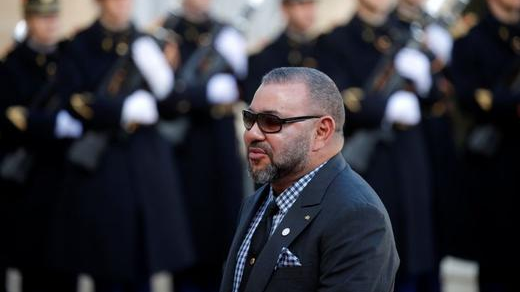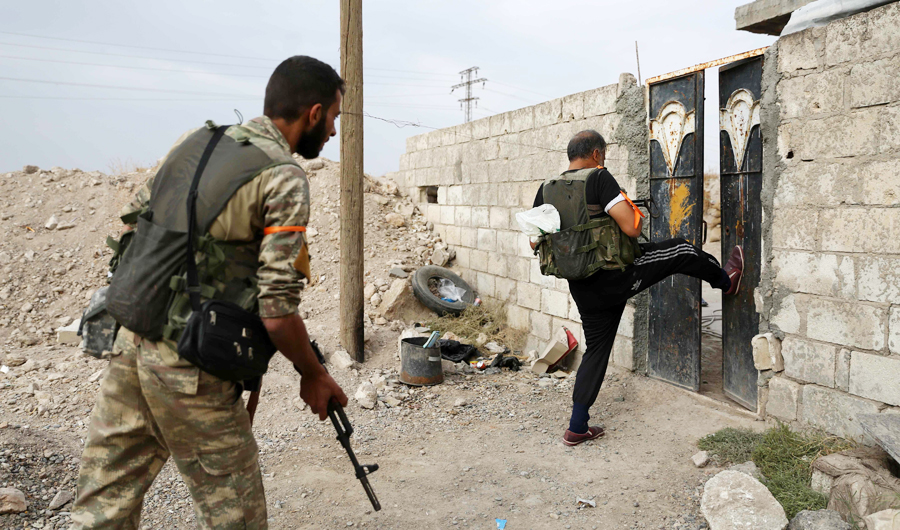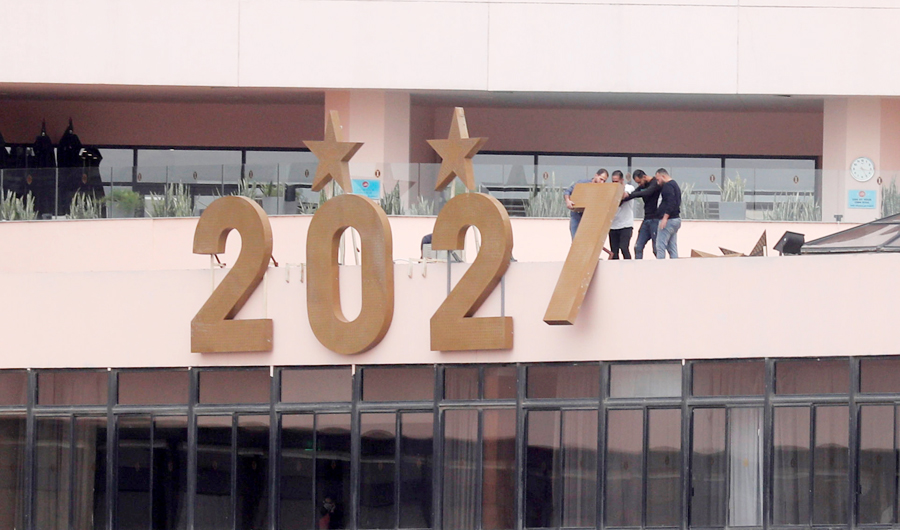Morocco, Israel to seal normalization with first direct flight
RABAT: Jared Kushner, US President Donald Trump’s son-in-law and advisor, is due to arrive Tuesday in Morocco from Israel on the first direct commercial flight between the two countries since they normalised ties.
The flight from Tel Aviv to Rabat is seen as highly symbolic after Morocco announced on December 10 a “resumption of relations” with Israel.
It also aims to showcase the achievements of the Trump administration in Middle East diplomacy, weeks before Trump is replaced at the White House by President-elect Joe Biden.
Morocco became the third Arab state this year, after the United Arab Emirates and Bahrain, to normalise ties with Israel under US-brokered deals, while Sudan has pledged to follow suit.
In return, the US president fulfilled a decades-old goal of Morocco by backing its contested sovereignty in Western Sahara.
The move infuriated the Algerian-backed pro-independence Polisario Front, which controls about one fifth of the desert territory that once was a Spanish colony.
Kushner will be heading an American delegation, and during his visit to Rabat a series of agreements will be signed between Morocco and Israel, according to officials.
Negotiations leading to Morocco’s resumption of ties with Israel included the opening of a US consulate in Western Sahara, and US investments which Moroccan media described as “colossal”.
At the same time Israel and Morocco are due to reopen diplomatic offices and activate economic cooperation between them.
Morocco closed its liaison office in Tel Aviv in 2000, at the start of the second Palestinian intifada, or uprising.
King Mohammed VI has said Morocco will remain an advocate for the Palestinians, but the Palestinians like the Polisario have cried foul and condemned the normalisation announcement.
Morocco has sought to temper the anger by insisting that relations with Israel are not new.
“The new agreement is merely the formalisation of a de facto partnership between Morocco and Israel dating back 60 years,” said Moroccan media boss Ahmed Charai.
In a commentary published earlier this month in the Jerusalem Post, he said the two countries had a “shared history”, adding that he was “overcome with pride and gratitude” when the deal was announced.
“It is indeed the case that the two states have assisted each other vitally for decades,” Charai wrote.
“Not only did intelligence and security cooperation help Israel defend itself in the 1967 Six-Day War and Morocco win its Sahara war a few years later, quiet Moroccan diplomacy proved instrumental in fostering peace between Egypt and Israel,” he added.
Morocco is home to North Africa’s largest Jewish community, which has been there since ancient times and grew with the arrival of Jews expelled from Spain by Catholic kings from 1492.
It reached about 250,000 in the late 1940s, 10 percent of the national population, but many Jews left after the creation of Israel in 1948.
About 3,000 Jews remain in Morocco, and the Casablanca community is one of the country’s most active.
Israel meanwhile is home to 700,000 Jews of Moroccan origin.
Although ties between the two countries were suspended in the year 2000, trade between Israel and Morocco was not.
Between 2014 and 2017 the volume of trade exchanges stood at $149 million, according to statistics published by Moroccan newspapers.

Kushner to lead US delegation to Israel, Morocco



